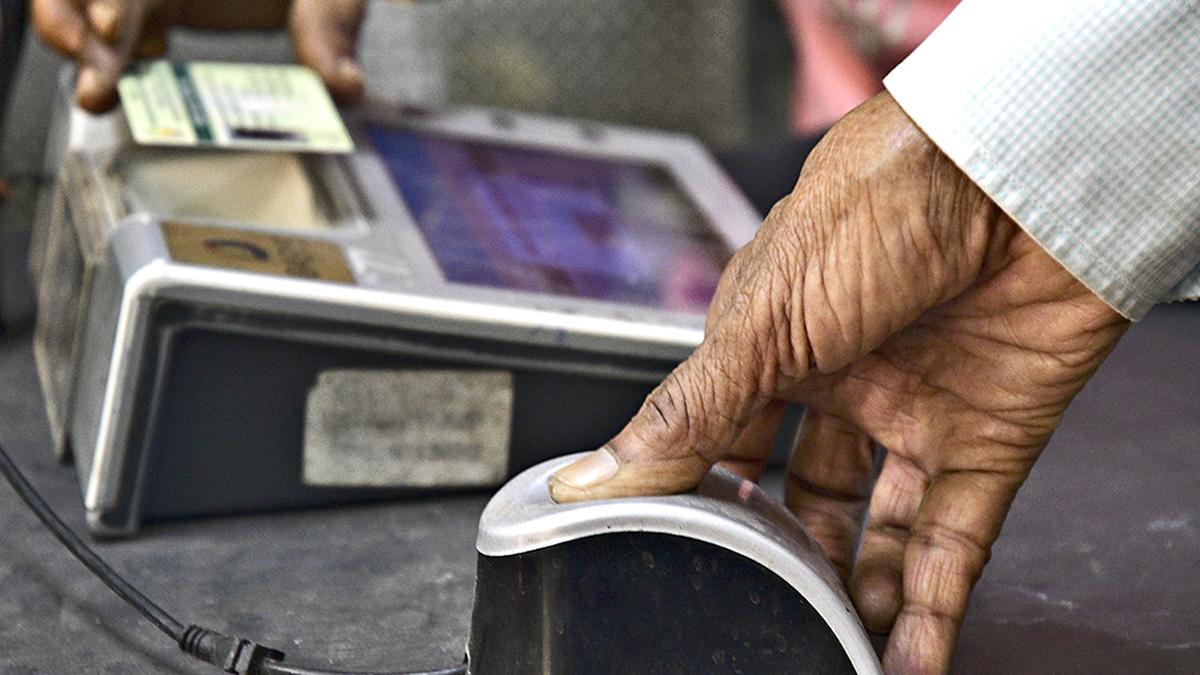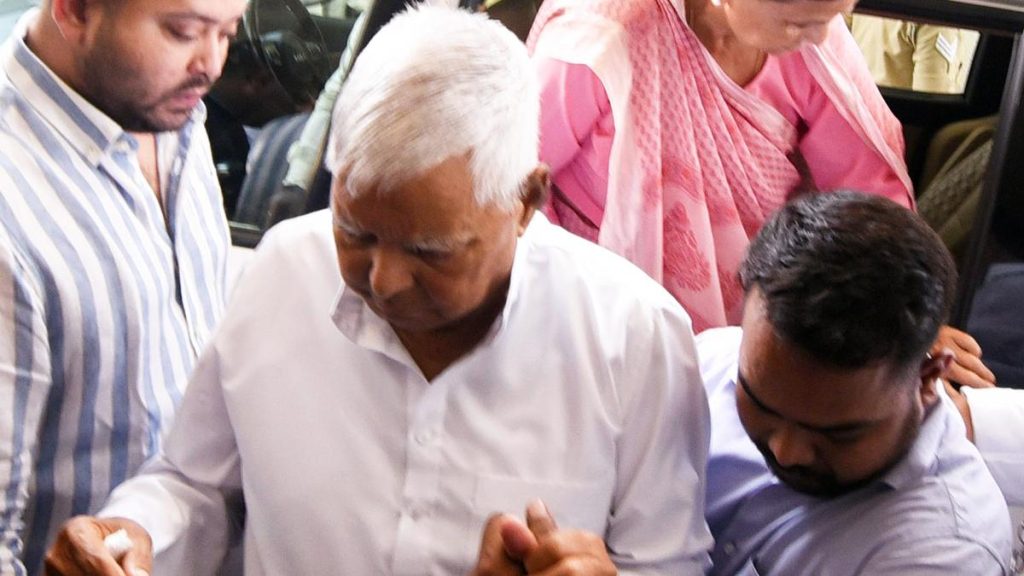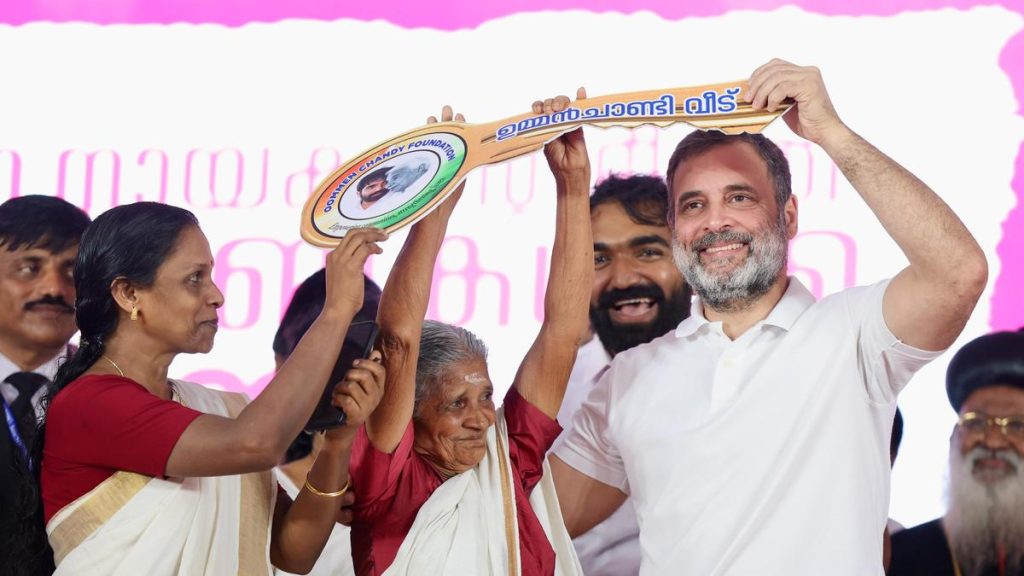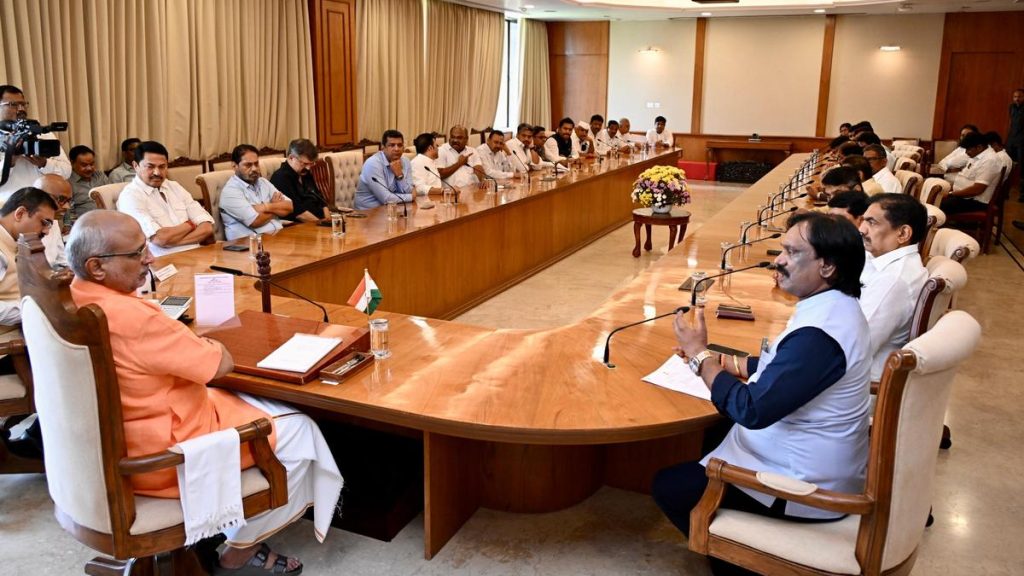Now Reading: PAC Urges Aadhaar Reassessment Over High Biometric Failure Rate
-
01
PAC Urges Aadhaar Reassessment Over High Biometric Failure Rate
PAC Urges Aadhaar Reassessment Over High Biometric Failure Rate

Quick Summary:
- parliament’s Public Accounts Committee (PAC) reviewed the Unique Identification Authority of India (UIDAI) over concerns including failures in Aadhaar biometric verification.
- Biometric mismatches have led to exclusion from social welfare schemes like Food Rations (PDS) and Employment Guarantee Scheme (MGNREGA).
- Challenges include fingerprint recognition issues for laborers and iris pattern changes among elderly citizens.
- UIDAI officials asserted that biometric systems are regularly upgraded to address these challenges.
- Concerns were raised about data leaks, with UIDAI claiming its central repository is secure but citing enrolment centers as potential sources of breaches. Monitoring mechanisms have been strengthened.
- MPs highlighted duplication concerns; some Aadhaar cards reportedly outnumber India’s population. Delays in deactivating deceased individuals’ cards persist due to a lack of proactive measures.
Indian Opinion Analysis:
The issues surrounding the functionality and robustness of Aadhaar highlight critical vulnerabilities in a system underpinning many social welfare initiatives. Failures in biometric verification, notably affecting marginalized groups such as manual laborers and elderly citizens, pose risks of systemic exclusion despite technological upgrades by UIDAI. The reliance on voluntary processes for card deactivation underscores gaps that may compromise governance efficiency, while data leak claims emphasize privacy-related challenges requiring stringent oversight at enrollment centers.
As Aadhaar remains integral to India’s policy landscape, addressing operational loopholes is crucial for ensuring equitable access across demographics. The PAC’s review presents an opportunity for policymakers to strike a balance between expanding coverage and safeguarding individual rights within this expansive framework.
Read More: original Source
























